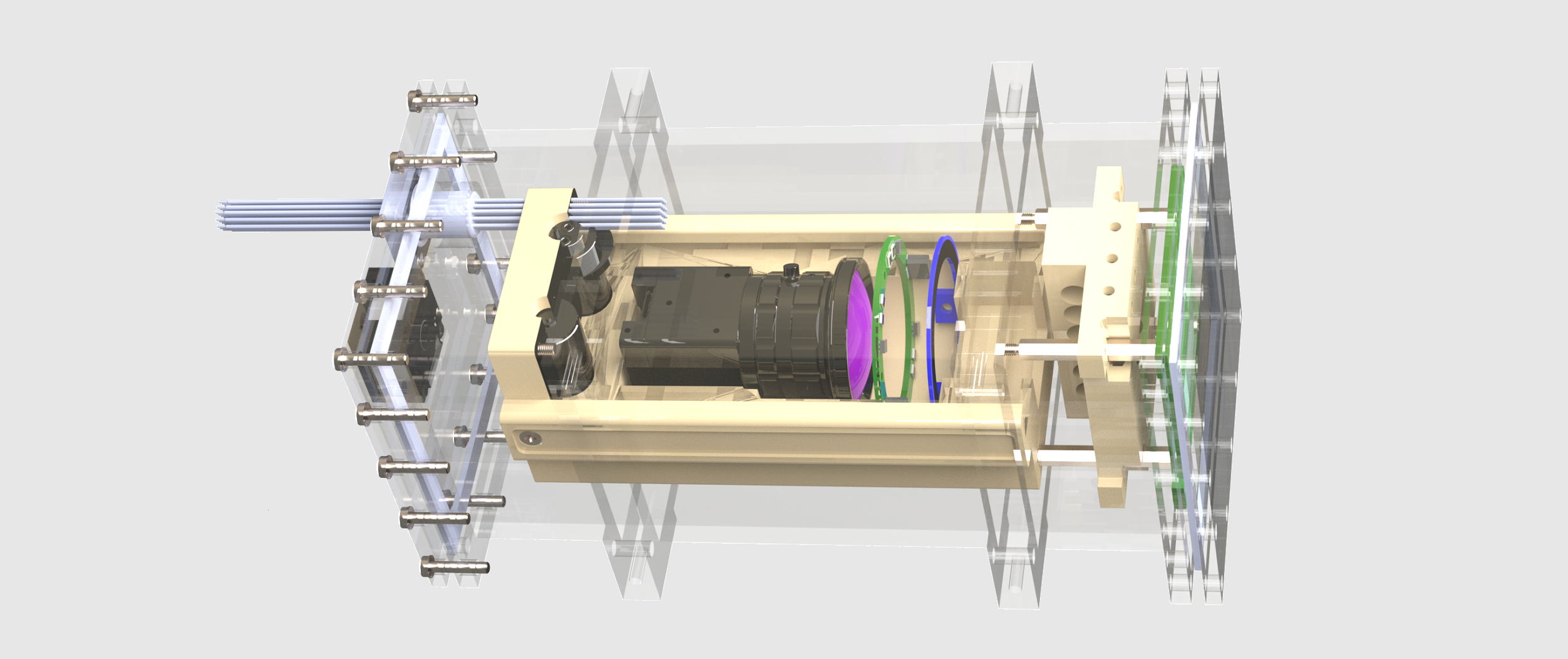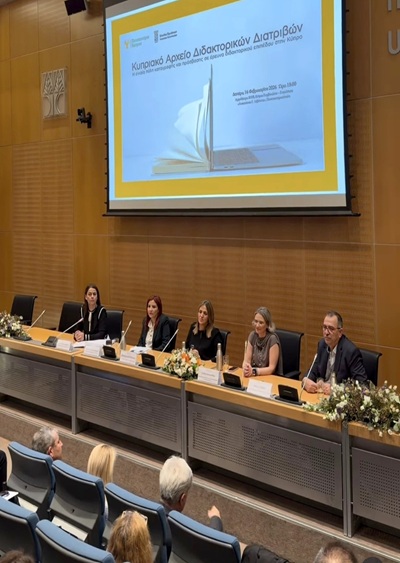
The project was spurred by the students’ interest in answering the question: “How do space conditions affect living organisms and humans in particular?”
Now with the official approval of the European Space Agency (ESA), the construction of the first student satellite of Thessaloniki is set to begin. The nanosatellite AcubeSAT is the main project of the student team SpaceDot, an interdisciplinary team of students based at the Aristotle University of Thessaloniki.
The project started in 2018 and was spurred by the student’s interest in answering the question: “How do space conditions affect living organisms and humans in particular?”. For this reason, they intend to use the AcubeSAT nanosatellite to study the effects of the space environment on gene expression.
During the previous year, the design of the nanosatellite was optimized, resulting in the successful completion of its final Critical Design Review (CDR) on August 24, 2021.
“The members of our University Community work at the forefront of research and technology, achieving the highest goals that reach… space,” stated the Rector of the Aristotle University of Thessaloniki, Professor Nikolaos G. Papaioannou, congratulating the team.
The Vice Rector for Research and Lifelong Learning of the Aristotle University of Thessaloniki, Associate Professor Efstratios Stylianidis, pointed out that “the Aristotle University of Thessaloniki has great momentum in the development of research and innovation in the field of aerospace. […] Our goal is to support the student’s research and at the same time to develop a supportive environment that keeps encouraging them to create, collaborate, implement and utilize research”.
AcubeSAT is scheduled to launch by the end of 2023, after the completion of the next phases of construction and testing. Its success in these will ensure the team a “launch ticket” fully covered by the European Space Agency, which has been providing technical and scientific support to the team since 2019, through the educational program “Fly Your Satellite! 3”.
The AcubeSAT nanosatellite is a milestone in the field of aerospace research for Greece. It is going to be the first satellite of AUTh, as well as the first nanosatellite in Europe designed to implement a biological experiment of this scale. The completion of the Critical Design Review marks the first successful inspection of the nanosatellite by experts from the European Space Agency, who gave the green light to the team to proceed with the construction and operation of the satellite in the coming months.
You can get to know SpaceDot and the AcubeSAT nanosatellite up close at the 85th Thessaloniki International Fair and online at https://www.spacedot.gr







Leave A Comment